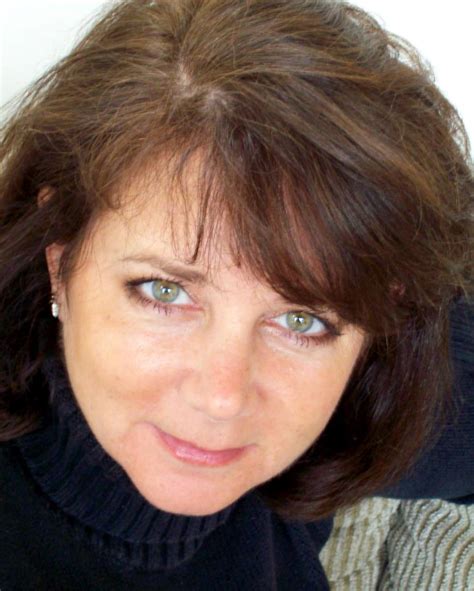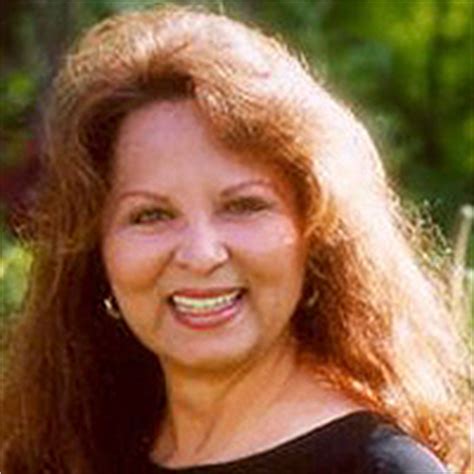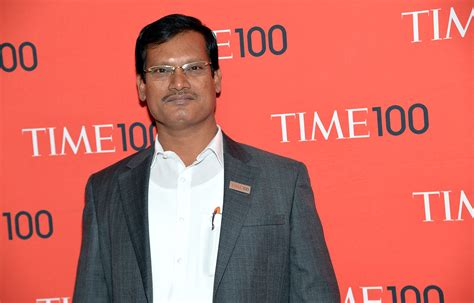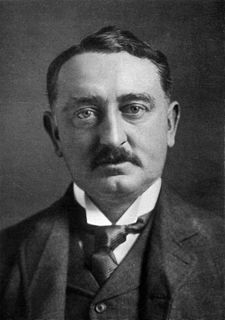A Quote by Chris de Burgh
Philanthropy is never understood by those who don't have it in their own hearts.
Quote Topics
Related Quotes
Who is pure in heart? Only those who have surrendered their hearts completely to Jesus that he may reign in them alone. Only those whose hearts are undefiled by their own evil--and by their own virtues too. The pure in heart have a child-like simplicity like Adam before the fall, innocent alike of good and evil: their hearts are not ruled by their conscience, but by the will of Jesus.
If we understood the power of our thoughts, we would guard them more closely. If we understood the awesome power of our words, we would prefer silence to almost anything negative. In our thoughts and words we create our own weaknesses and our own strengths. Our limitations and joys begin in our hearts. We can always replace negative with positive.
Trials make more room for consolation. There is nothing that makes a man have a big heart like a great trial. I always find that little, miserable people, whose hearts are about the size of a grain of mustard seed, never have had much to try them. I have found that those people who have no sympathy for their fellows — who never weep for the sorrows of others — very seldom have had any woes of their own. Great hearts can only be made by great troubles.
There are three lessons in philanthropy - one, involve the family, especially the spouse. She can be a remarkable driver of your initiative. Two, you need to build an institution, and you need to scale it up. Choose a leader for philanthropy whom you trust. Three, philanthropy needs patience, tenacity and time.
Artists and creative workers - people who have accomplished work worthwhile have had a very high sense of the way to do things. They haven't been contented with mediocrity. They haven't confined themselves to the beaten tracks; they have never been satisfied to do things just as others do them, but always a little better. Few are those who see with their own eyesand feel with their own hearts.



































